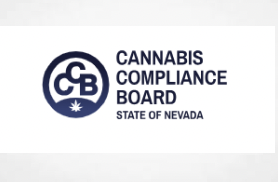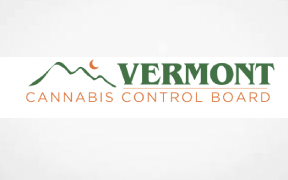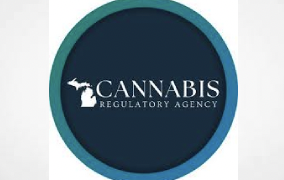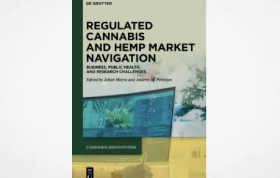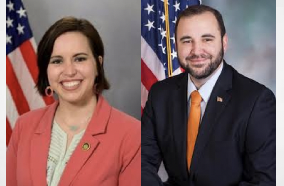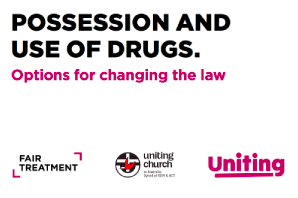In a presentation between that has just drawn to a close watched by CLR via a facebook live feed the Uniting Church of NSW & ACT who have succesfully run the Kings Cross (Sydney) injecting room without one overdose death in 20 years presented the following discussion paper on possible routes to decriminalizing scheduled drugs in Australia’s state of NSW..
The discussion paper, the presentations and subsequent discussion were conducted with a rare (in NSW) mature and balanced view towards the issue of decrimnalization.
Unsurprising as it appeared all parties in the room understood that the current criminal justice system is not fit for purpose and punishes users, encourages the black market and provides grist for the mill for politicians and media of a certain ilk.
We were especially encouraged by comments from the head of the NSW Bar Association, Michael McHugh, whose no nonsense appraoch to the issues and the changes that need to be made by politicians were really rather refreshing.

Michael McHugh SC. President NSW Bar Association
Here is the document’s statement of intent
Uniting NSW.ACT and the Uniting Church of NSW and the ACT have a vision of people and communities to be accepted, supported, and valued. People who use drugs are some of the most stigmatised in our society, and
we believe that a change in our approach is desperately needed. We support decriminalisation of possession of small amounts of prohibited drugs and are advocating
to change the law through the Fair Treatment campaign. This is because we believe in the inherent worth of every human being and therefore exercise our work in the hope of justice, healing and restoration.
We recognise there are a variety of ways in which decriminalisation could be achieved. This paper discusses various decriminalisation models. We are attracted to a decriminalisation model that applies principles that we believe make good laws, as well as our beliefs about what makes good social policy.
Applying these principles, we can see the attraction of a comprehensive decriminalisation model, namely one that applies to all drugs, does not apply civil sanctions, removes eligibility criteria, utilises a combination of alternatives to sanctions (including taking no action, confiscation and referral) and abolishes threshold quantities (via a staged approach). Not insignificantly, such a model is most consistent with our beliefs.
The full document
discussion_paper_drug_possession

